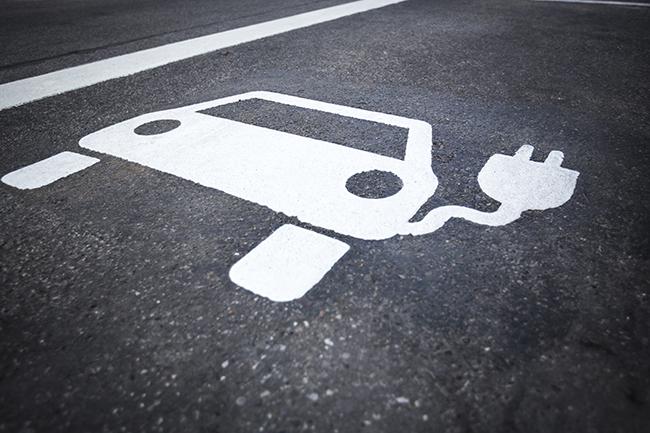MotoBarometer 2024: Chinese electric cars set to dominate European market by 2035
Over half of Poland’s automotive industry experts (53%) believe that Chinese manufacturers will lead the electric vehicle (EV) market in Europe by 2035, according to the MotoBarometer 2024 report, conducted by Exact x Forestall (formerly Exact Systems). This sentiment is echoed across most of the 11 countries surveyed, including Germany, Spain, Turkey, and Hungary, where a majority of respondents foresee a similar future for Chinese electric cars.
While in France and Romania, European brands were seen as potential leaders, with 51% and 48% of respondents favoring local manufacturers, Poland showed less confidence in European brands. Only 32% of Polish respondents believed European companies would dominate EV sales by 2035, and just 4% predicted U.S. brands would lead.
“Although there are still more than ten years left for European electromobility to evolve, industry representatives have already passed judgment. They see Chinese manufacturers as the frontrunners in the future EV market,” said Jacek Opala, President of Exact x Forestall. “This should serve as a wake-up call for Europe’s automotive sector to formulate effective strategies to remain competitive. Time is of the essence.”
The report also highlights strong support for higher tariffs on Chinese electric car imports. In Poland, 66% of respondents favor such measures, and 73% believe further actions should be taken to limit the influx of Chinese EVs. This sentiment is widely shared across Europe, with only Slovakia and Hungary showing less than half of respondents in favor of new tariffs (48% and 46%, respectively).
While increased tariffs are seen as a way to protect Europe’s EV industry, the report warns of potential negative consequences. Nearly half of Polish respondents (46%) fear that higher tariffs could push Chinese manufacturers to relocate their factories to Europe, allowing them to bypass tariffs and continue selling cheaper vehicles. Another 39% are concerned about deteriorating relations between the EU and China, and 37% worry that higher tariffs could drive up prices for European-made cars due to the rising costs of Chinese components.
“Chinese manufacturers building factories in Europe could be a double-edged sword,” said Opala. “Countries like Poland, the Czech Republic, and Slovakia may welcome the investment due to job creation and increased importance in the automotive supply chain. However, this move could allow Chinese companies to flood the market with cheaper vehicles, further eroding the competitiveness of European brands. Price remains the most important factor for European consumers when choosing an electric car, and this is where Europe is increasingly losing ground.”
The MotoBarometer 2024 survey gathered responses from 1,001 industry representatives across 11 countries, including car manufacturers and suppliers of components such as wipers, car windows, and steering columns. The findings provide insight into the shifting dynamics of the global automotive industry as it navigates the challenges of electromobility and the growing influence of Chinese EV manufacturers in Europe.
Source: Exact x Forestall and ISBnews









